Dr. Baker and his team at the Cara Phelan Centre for Trauma Research are internationally recognized for their research into the relationship between trauma and inflammation – work that is essential to developing therapies that will enable brain-injured patients recover more fully and have a higher quality of life. His major research interests include quality of care in critical care and blood and blood substitute resuscitation of brain injury. Dr Baker holds several directorships at St Michael’s Hospital.
Dr. Laurent Brochard is the Interdepartmental Division Head of Critical Care Medicine in the Faculty of Medicine, University of Toronto. He is a Full Professor in Critical Care Medicine University of Toronto, Keenan Chair, Critical Care and Respiratory Medicine and a Clinician Scientist, Li Ka Shing Knowledge Institute, Keenan Research Centre for Biomedical Science, Department of Critical Care at St. Michael’s Hospital in Toronto. He has a strong involvement in research, and especially clinical research about mechanical ventilation and has been at the head of a clinical research network on mechanical ventilation in Europe (REVA). Dr Brochard has mentored and supervised more than 15 PhD students and is has authored or co-authored over 300 publications.
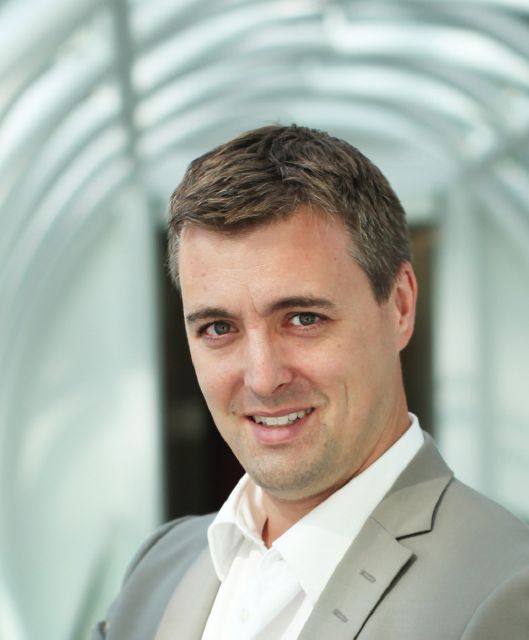
Dr. Brooks is a Clinician Scientist in Emergency Medicine at Queen’s University in Kingston and a Visiting Professor at the University of Edinburgh. He conducts research in the areas of cardiac arrest and resuscitation with a specific focus around innovative technology solutions. He is the Principal Investigator for the CIHR-funded PulsePoint randomized controlled trial. This innovative study involves the use of a mobile device application to crowdsource basic life support for victims of out-of-hospital cardiac arrest. He is a member of the Basic Life Support Taskforce of the International Liaison Committee for Resuscitation. Dr. Brooks has participated in the creation of cardiac arrest guidelines with these organizations for over a decade and continues to play a leadership role in synthesizing evidence to practice.
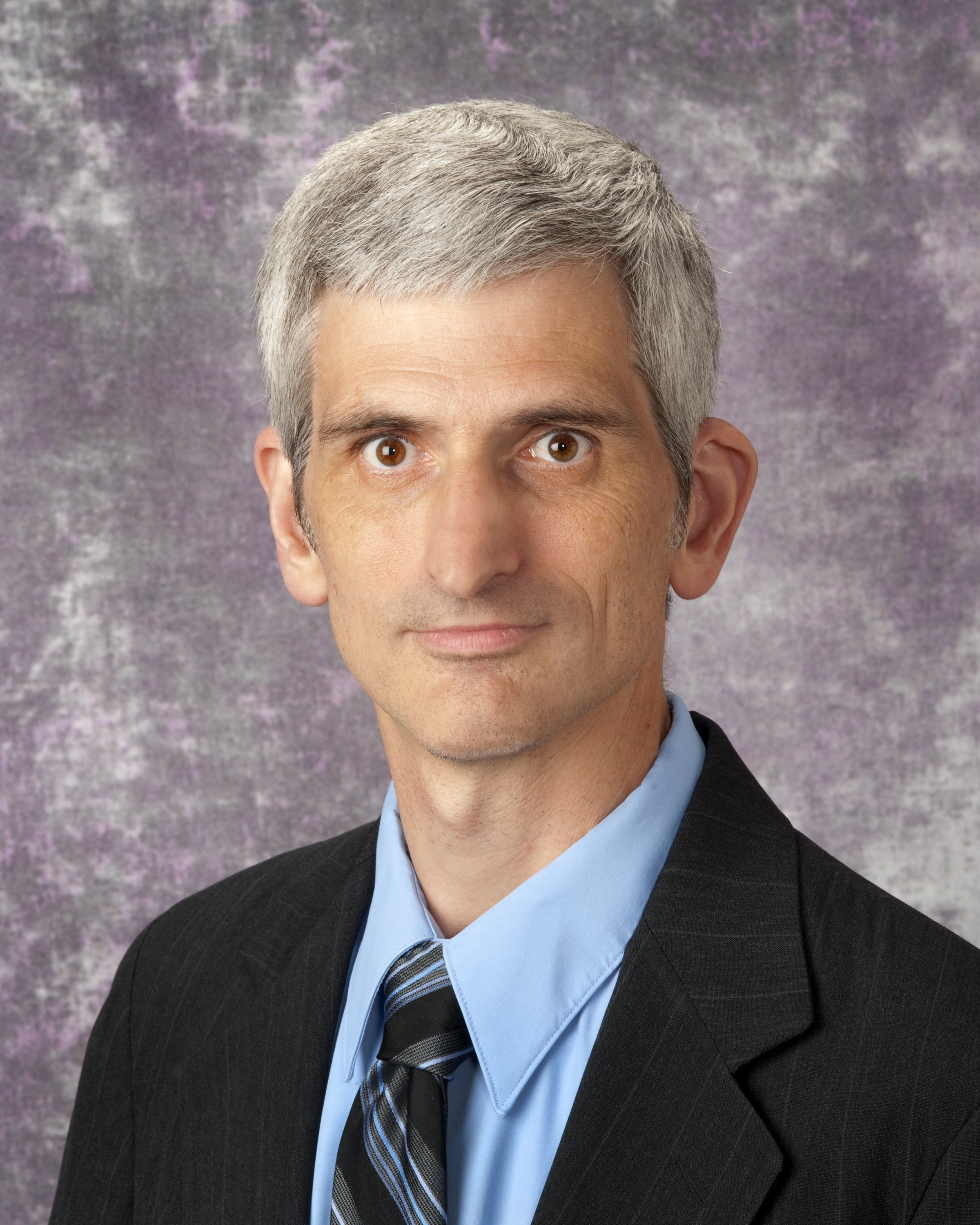
Dr. Callaway is Professor, Vice-Chair, and Ronald D. Stewart Endowed Chair in Emergency Medicine Research at the University of Pittsburgh. He completed his MD and PhD in Neuroscience at the University of California, San Diego, followed by residency in Emergency Medicine at the University of Pittsburgh. With his partners in Pittsburgh, he developed a multidisciplinary clinical service to advance the care of patients after cardiac arrest. His research efforts center on improving brain injury after cardiac arrest. The core of this research has been that post-arrest patients requireme a multidisciplinary, multiorgan, and personalized approach. He has been funded by the National Institutes of Health and multiple foundations. Specific research projects have included studies on biochemical events in brain after ischemia-reperfusion, mechanisms for the effects of temperature manipulation, quantitative measures of ECG organization, prognostication of coma after cardiac arrest, and methodological challenges for clinical trials in critical illness. He has conducted trials in resuscitation as one of the investigators in the Resuscitations Outcome Consortium (ROC) and in the Neurological Emergencies Treatment Trial (NETT) network. He is part of the clinical coordinating center leadership for SIREN, an National Institutes of Health emergency research trial network designated to conduct clinical trials in acute care.

Prof Maaret Castrén is a nurse, an anesthesiologist and an emergency physician. She is currently the Head of the Department of Emergency Medicine and Services, Helsinki University Central Hospital in Helsinki, Finland. She leads prehospital and emergency care for the three biggest cities in Finland and coordinates care for the whole Uusimaa Hospital Region. She became the first professor of Emergency Medicine in Sweden at Karolinska Institutet (2007), and the first professor in Emergency Medicine in Finland at Turku University (2012). She has been professor of Emergency Medicine at Helsinki University since 2016. Prof Castrén leads an international research group with an outstanding international reputation. She chaired the European Resuscitation Council 2012-2017 and was elected Honorary Secretary for ILCOR 2017.
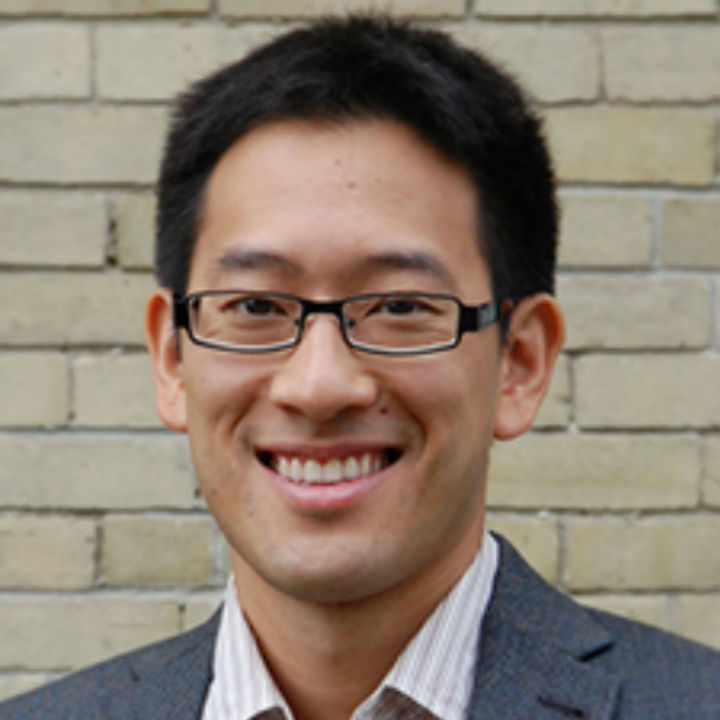
Dr Chan holds a PhD in Operations Research from the Massachusetts Institute of Technology. He joined the Department of Mechanical and Industrial Engineering at U of T in 2009. His primary research interests are in optimization under uncertainty and the application of optimization methods in areas such as radiation therapy, health care operations and sustainability. Before coming to Toronto he was an Associate in the Chicago office of McKinsey and Co., a global management consulting firm, where he advised leading companies in the fields of medical devices, among other things.He currently holds the Canada Research Chair in Novel Optimization and Analytics in Health.
Dr Sheldon Cheskes is an Assistant Professor in the Department of Family and Community Medicine, Division of Emergency Medicine at the University Of Toronto having graduated in 1984. He is currently the Medical Director for the Sunnybrook Centre for Pre Hospital Medicine for the Regions of Peel and Halton. He was formerly the Deputy Chief, Emergency Medicine, Peel Memorial Hospital, Brampton Ontario from 1989-2006. He is was the co-Principal Investigator for the Toronto Site of the Resuscitation Outcomes Consortium and is a Scientist at the Li Ka Shing Knowledge Institute, St. Michaels Hospital, University of Toronto. His research areas of interest are cardiac arrest resuscitation and prehospital systems of STEMI care. He is a Co-Investigator in the new Canadian Resuscitation Outcomes Consortium (CanROC).

Dr. Katie Dainty is a qualitative and mixed methods scientist and is the Research Chair in Patient-Centred Outcomes at North York General Hospital. She graduated with her PhD from the University of Toronto in 2010. Dr. Dainty’s research interests are studying how organizational and sociocultural variables shape health care quality improvement and patient-centred outcomes. Her work involves studying issues related to patient and family experience, organizational behaviour, implementation science, patient-centred outcome measures and quality improvement in community health care environments. Her current research focuses on the use of qualitative and mixed methods research to critically interrogate held assumptions about behaviour and culture and their impact on how we measure quality and health outcomes. Dr. Dainty is Co-Chair of the Public Engagement Committee of the Canadian Resuscitation Outcomes Consortium and is also a member of the American Heart Association Subcommittee on Science. She has over 50 academic publications.

Dr. Paul Dorian is the Department Director, Division of Cardiology, University of Toronto and Staff Cardiac Electrophysiologist at St. Michael’s Hospital. He is Professor of Medicine in the Division of Cardiology and in the Division of Clinical Pharmacology at the University of Toronto, and a Staff Scientist at the Li Ka Shing Knowledge Institute. His research interests include basic science research in advanced cardiac life support and atrial fibrillation, the clinical pharmacology of antiarrhythmic drugs, and clinical research on implanted devices, antiarrhythmic drugs, and quality of life in patients with arrhythmias. Dr Dorian has published over 350 peer reviewed papers and is Associate Editor of the textbook Electrophysiological Disorders of the Heart.
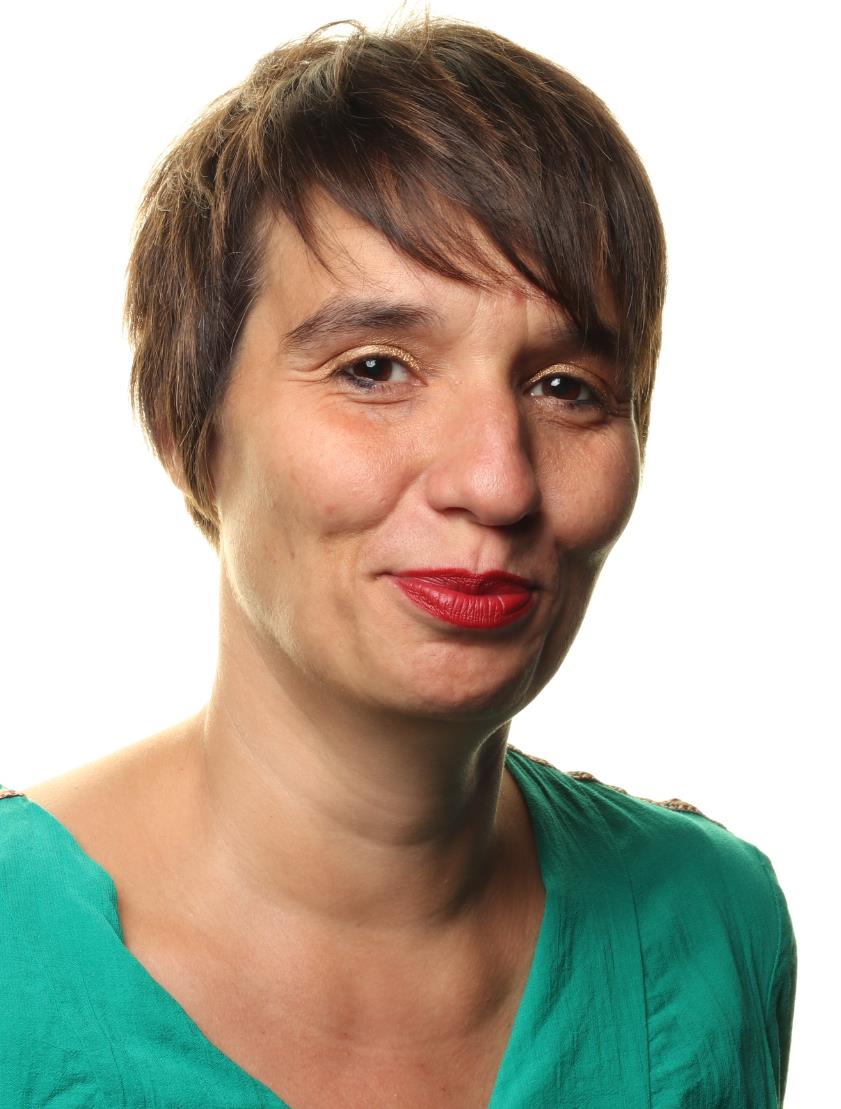
Dr Dumas is Professor in Emergency Medicine at University of Paris. She is Deputy Chief of prehospital and in-hospital emergency department of Cochin and Hotel Dieu Hospital, Paris since 2014. Dr Dumas has a PhD in epidemiology and clinical research with a main focus in epidemiology of cardiac arrest and evaluation of strategies in that area, including post-cardiac arrest interventions. Since 2009, she has been part of the research team of Paris Sudden Death Expertise Center (Paris Cardiovascular Center- Inserm U970-team 4), a multidisciplinary group comprising training, research and prevention in cardiac arrest. During and after her Post-Doc fellowship in Seattle, she has focused on identifying potential prognostic factors and modelling new approaches in prediction of outcomes. As a methodologist and researcher, she is involved in different registries and cohorts in cardiac arrest and post-cardiac arrest care, including all cardiac arrests of Greater Paris, the PROCAT registry, a large comprehensive database of survivors of cardiac arrest in Cochin hospital-Paris. She also actively collaborates on projects with Seattle and King County public health research teams.
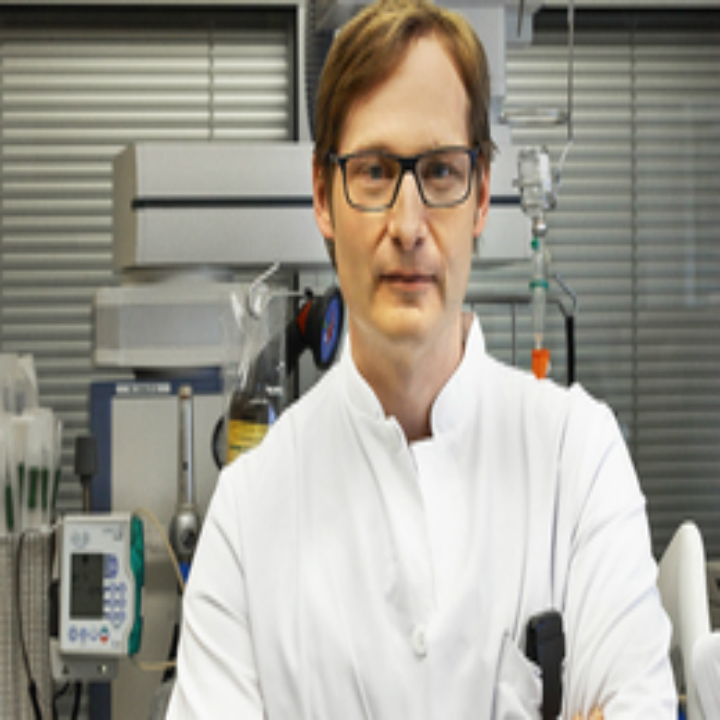
Dr. Fries is the head of the anesthesia and critical care department at St. Vincenz Hospital in Limburg. He spent a one year post-doc fellowship at the prestigious Institute of Critical Care Medicine in Palm Springs, CA under the supervision of the late giant in critical care, Max Harry Weil. His main research interest over the last decade mainly focused on the field of neuroprotective strategies using medical gases and especially noble gases. His work has been highly sponsored by national and international foundations and he has served as member of various committees both in Germany (DGAI) and also on a European (ESA) level.

Guillaume Geri is Professor of Critical Care Medicine in the medical intensive care unit of Ambroise Paré hospital, Greater Paris hospitals, Paris-Saclay University. His research interests include post-resuscitation care and epidemiology of cardiac arrest. He defended a PhD in Public health / Epidemiology with a focus on the long-term outcomes of out-of-hospital cardiac arrest survivors and spent two years in a Post-Doc fellowship in Toronto to evaluate factors associated with costs related to the management of cardiac arrest patients. Dr Geri works on developing a better understanding of post-resuscitation disease with the French network team AfterRosc and has been granted by the French Ministry of Health to lead the multi centre prospective randomized controlled HYVAPRESS trial investigating the impact of hydrocortisone and vasopressin in post-cardiac arrest hemodynamic instability.

Dr. Brian Grunau (MD MHSc) is an Assistant Professor in the UBC Department of Emergency Medicine,the Resuscitation Innovation Lead in the BC Emergency Medicine Network, and holds a Health Professional Investigator Award from the Michael Smith Foundation of Health Research. He works as an emergency physician at St. Paul’s Hospital and is a consultant for BC Emergency Health Services. His primary research interest is the optimal management of refractory out-of-hospital cardiac and health service system changes to improve survival, and has published over 60 peer-reviewed articles. He has twice been awarded the American Heart Association Young Investigator Award, and was recently selected as a Paul Dudley White International Scholar. He has contributed to American Heart Association resuscitation courses (Heartsaver and ACLS Experienced Provider) and co-wrote a chapter in the recent edition of Tintinalli’s Emergency Medicine. Dr. Grunau has a special interest in extracorporeal CPR, is the co-chair of the Canadian ECPR Research Network for OHCA, and has contributed to ELSO guidelines.
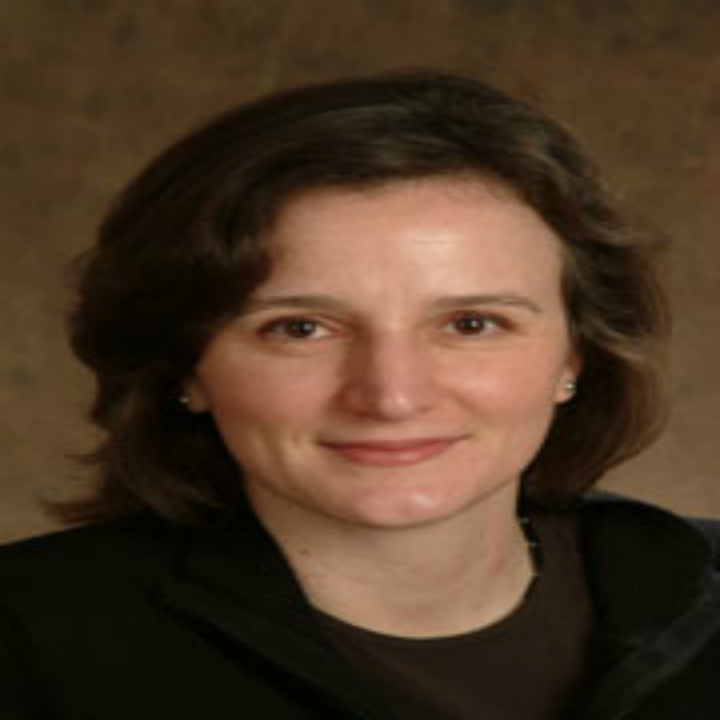
Anne-Marie Guerguerian is a paediatric intensive care physician in the Department of Critical Care Medicine at the Hospital for Sick Children. At the University of Toronto, she is appointed to the Department of Paediatrics, to the Institute of Medical Sciences of the School of Graduate Studies, and to the Interdepartmental Division of Critical Care. As a Clinician, she is Medical Director of Extracorporeal Life Support Program and as a Senior Scientist in of the Research Institute, her program of research is focused on developing methods to quantify brain injury during critical illness and on undertaking trials to test the means to minimize injury. As a Clinician Scientist, she volunteers for the pediatric research resuscitation task forces of the Heart and Stroke Foundation of Canada, the International Liaison Committee on Resuscitation, and for the Get With The Guidelines’ American Heart Association.
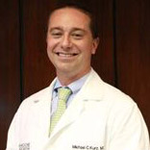
Michael C. Kurz trained in Emergency Medicine at the University of Chicago and completed Fellowship in Emergent Cardiac Care at Virginia Commonwealth University. Boarded in both Emergency Medicine and Emergency Medical Services, Dr. Kurz is currently a physician scientist at the Alabama Resuscitation Center and an Associate Professor at the University of Alabama School of Medicine in the Department of Emergency Medicine. Dr. Kurz serves as Vice-chair of the AHA Emergency Cardiac Care Subcommittee on Systems of Care and contributed to the 2015 AHA guidelines. His research interests are focused upon intra-arrest care, coagulation dysfunction following cardiac arrest, post-resuscitation care, rehabilitation for hypoxic brain injury. Dr. Kurz has authored or co-authored more than 30 research papers and is a reviewer for Circulation, Annals of Emergency Medicine, Resuscitation, and Critical Care Medicine. In addition, Dr. Kurz takes call on the UAB Medical Emergency Team and is Co-Director of the Hypothermia Team providing comprehensive post-resuscitation care for both in-hospital and out-of-hospital cardiac arrest.

Dr. Steve Lin is an emergency physician, trauma team leader, and Scientist in the Li Ka Shing Knowledge Institute of St. Michael’s Hospital. He is an Assistant Professor and clinician-scientist in the Division of Emergency Medicine, Department of Medicine at the University of Toronto. Dr. Lin is establishing a research program of translational science to optimize resuscitation during cardiac arrest or life-threatening injuries. He is interested in developing and evaluating drug therapies and devices that allow for goal-directed therapy in resuscitation. He has received multiple awards and grants from the Canadian Institutes of Health Research, American Heart Association, Canadian Association of Emergency Physicians and Physicians’ Services Incorporated Foundation. He is a chapter author for the 2015 American Heart Association Guidelines for Cardiopulmonary Resuscitation and Emergency Cardiovascular Care and an evidence reviewer for the 2015 Advanced Life Support Taskforce for the International Liaison Committee on Resuscitation.
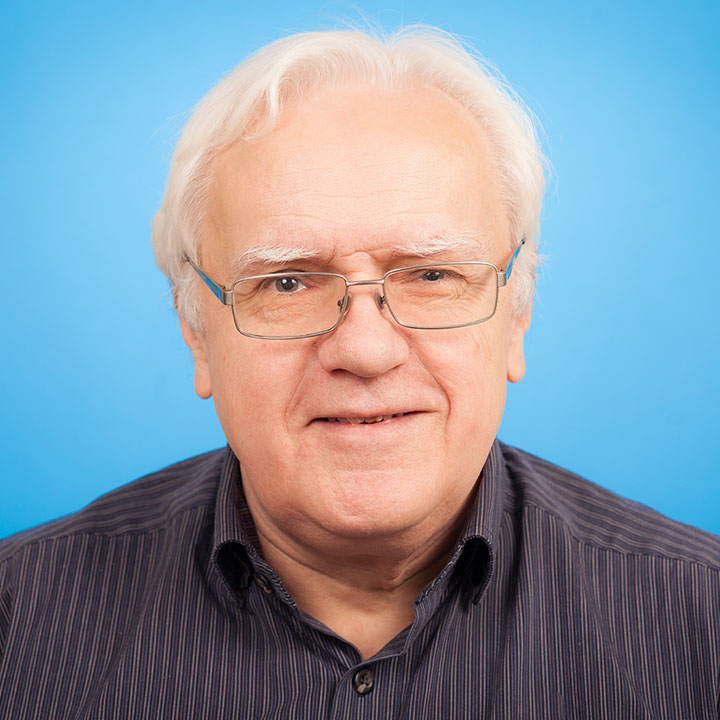
John Marshall is a Professor of Surgery at the University of Toronto, and a trauma surgeon and intensivist at St. Michael’s Hospital in Toronto, Canada. His academic interests are sepsis, trauma, and the innate immune response. His laboratory studies the cellular mechanisms that prolong neutrophil survival in critical illness by preventing neutrophil programmed cell death, or apoptosis. Professor Marshall has an active clinical research interest in sepsis and ICU-acquired infection, and in the design of clinical trials and outcome measures. He has published more than 260 manuscripts, and 70 book chapters, and is the editor of 2 books. He is the founding chair of the International Forum of Acute Care Trialists (InFACT) – a global network of investigator-led critical care clinical research groups, and a member of the Council of the World Federation of Societies of Intensive and Critical Care Medicine and of the executive committee of the International Severe Acute Respiratory Infections Consortium. He is past-chair of the International Sepsis Forum, past-President of the Surgical Infection Society, and past-chair of the Canadian Critical Care Trials Group. He has given invited lectures at more than 400 meetings around the world, and is a member of the editorial boards of seven journals.

Soren Mikkelsen is a Professor at The Prehospital Research Unit at The Department of Regional Health Research, University of Southern Denmark. He is also head of the Mobile Emergency Care Unit at the Department of Anaesthesiology and Intensive Care, Odense University Hospital. Soren does research in Prehospital Care and Emergency Medicine. Current projects deals with different aspects of physician administered and EMT administered prehospital emergency care.
Laurie Morrison is the Robert & Dorothy Pitts Research Chair in Acute Care & Emergency Medicine, Professor and Clinician Scientist in the Division of Emergency Medicine, Department of Medicine at the University of Toronto and Li Ka Shing Knowledge Institute at St Michael’s Hospital. She conducts systematic reviews and meta-analyses in topics pertaining to Acute Coronary Syndrome and Resuscitation and has established a collaborative network to conduct randomized controlled trials and outcome validation studies in prehospital resuscitation research. She is a past Chair and current member of the Advanced Cardiac Life Support committee of the American Heart Association and on the Editorial Board of the 2010 guidelines in Resuscitation as the Co-Chair of the International Liaison Committee of Resuscitation Advance Life Support Taskforce in 2010. She is the past chair of the Research and Policy Planning Advisory Committee for Heart and Stroke Canada. She has received the Canadian Medical Association award in mentorship; the May Cohen Award and the U of T Department of Medicine Bob Hyland Award. Dr Morrison is a co-founder of the Canadian Resuscitation Outcomes Consortium (CanROC).
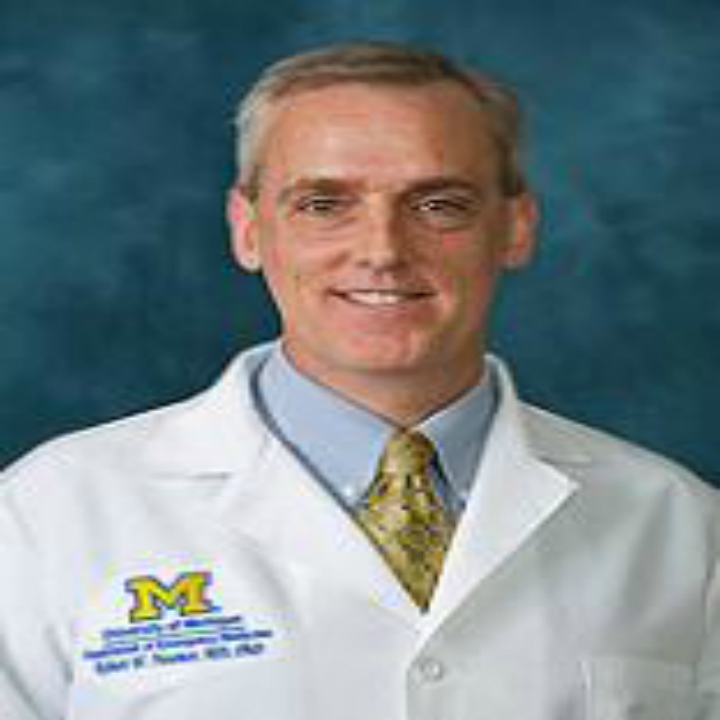
Dr. Robert Neumar is Professor and Chair of Emergency Medicine at the University of Michigan Medical School in Ann Arbor, Michigan, USA. He is the immediate past Chair of the American Heart Association Emergency Cardiovascular Care Committee. He has over 20 years research experience in cardiac arrest resuscitation, with international recognition as an expert in advanced cardiovascular life support (ACLS) and the pathophysiology and treatment of post-cardiac arrest syndrome. His research has focused on mechanisms of brain injury caused by cardiac arrest and the neuroprotective strategies including hypothermic-targeted temperature management.

Robert Niskanen has been active in biomedical engineering for more than 30 years with primary professional interests centering on resuscitation, emergency medicine and cardiovascular disease. Through Resurgent Biomedical, Bob consults for several medical device companies – all related to improving survival from sudden cardiac arrest. Prior to starting Resurgent Biomedical Consulting, Bob was a Senior Principal Scientist at Physio-Control in Redmond, Washington for more than 25 years. As the Director of Research and then VP of Clinical Research, he was involved in both technical and clinical research in CPR, defibrillation, ventilation, acute myocardial infarction triage, and medical data management. Bob is also Cofounder and Past Chairman of the Board at Take Heart America, pioneering the systems-based approach to improving survival from sudden cardiac arrest. He delights in working with engineers, scientists, physicians, researchers, business professionals, and others to solve problems in emergency medicine. He is convinced that dramatic improvements can and will be made in the survival rate of sudden cardiac arrest through collaboration. Bob earned his MSEE at the University of Washington in 1976. He and his wife Judy live in the beautiful Pacific Northwest where they enjoy their five young grandchildren and three grown kids either at home, on the river, or at the cabin.
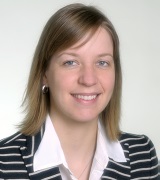
Janice Tijssen is a paediatric intensivist at the Children’s Hospital in London, Ontario. Her research interests are in pediatric out-of-hospital cardiac arrest and health services research. Her goal is to move the dial on our understanding of pediatric cardiac arrest so that we can be more confident in our guidelines. She is a member of the Pediatric Life Support taskforce of the International Liaison Committee on Resuscitation (ILCOR), the American Heart Association Emergency Cardiovascular Care Science Subcommittee and Pediatric Emphasis Group, and the Canadian Resuscitation Outcomes Consortium (CanROC) paediatric subcommittee.
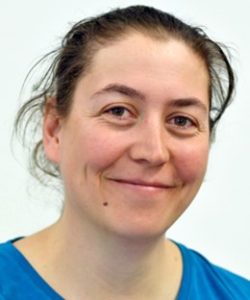
Dr. Olasveengen is a senior researcher and anesthesiologist at Oslo University Hospital with a broad interest in cardiac arrest research; from qualitative studies in emergency medical dispatch to clinical studies, randomized trials and basic animal research. Current research is concentrated on how to protect the brain in the immediate post-arrest phase. She is also chair of the International Liaison Committee On Resuscitation (ILCOR) Basic Life Support task force, and co-chair of the European Resuscitation Councils Basic Life Support Science and Education Committee, volunteer work to help evaluate our current knowledge base in resuscitation science and translate this knowledge into guidelines and education.
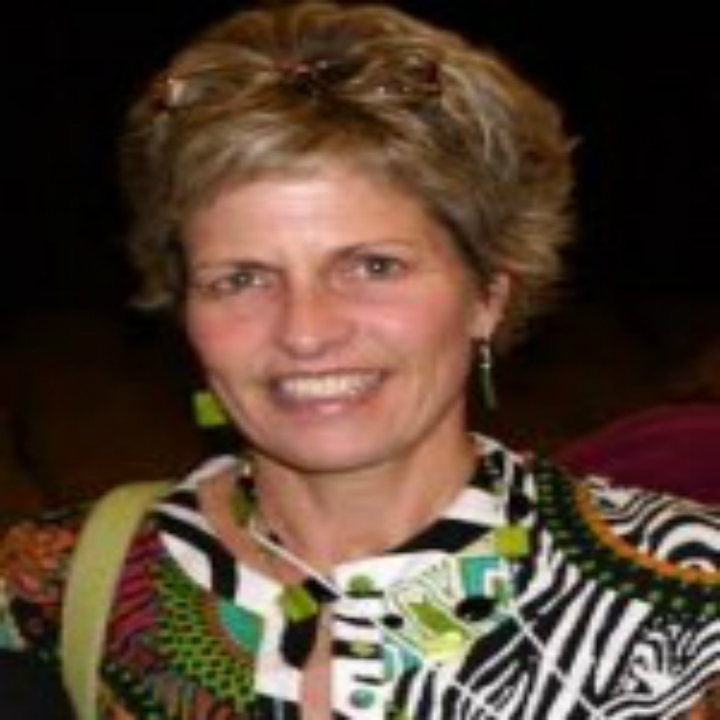
Dr. Parry (Monica) is an Associate Professor and the Coordinator of the Nurse Practitioner Programs at the Lawrence S. Bloomberg Faculty of Nursing at the University of Toronto. Monica also continues to practice as a nurse practitioner in cardiac surgery at Kingston General Hospital. She obtained undergraduate and graduate degrees at Queen’s University, a PhD at the University of Toronto, and completed postdoctoral studies at McMaster University. Monica is interested in the improving the care for individuals at risk or living with cardiovascular disease and has recently focused her attention on women who live with cardiac pain and sex and gender differences in cardiovascular health. In addition to her teaching and administrative responsibilities, Monica is an investigator at the Banting & Best Diabetes Centre, the Toronto Health Economics and Technology Assessment Collaborative, and is core faculty and an investigator in the Collaborative Program in Resuscitation Science in the Division of EmergencyMedicine, Faculty of Medicine at the University of Toronto.
Janet Parsons obtained her PhD in Medical Science from the University of Toronto. She is a Scientist in the Keenan Research Centre of the Li Ka Shing Knowledge Institute and a Staff Research Scientist in the Applied Health Research Centre at St Michael’s Hospital. Dr Parson’s research is focused on applying qualitative methodologies to a variety of health care issues and her interests range from knowledge translation and health services research, to narrative and film-based methods and social determinants of health.
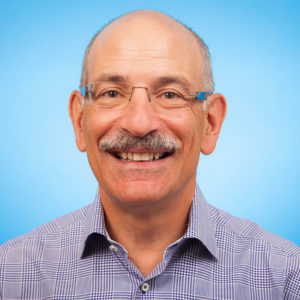
Ori Rotstein is Professor of Surgery and Associate Chair of the Department of Surgery, University of Toronto. He was Surgeon-in-Chief at St. Michael’s Hospital and Medical Director of Oncology Services at St. Michael’s Hospital from 2004 to 2019, and currently holds the portfolio of VP Research and Innovation at Li Ka Shing Knowledge Institute at St Michael’s Hospital. He is the former Director of the Institute of Medical Science, University of Toronto, part of the School of Graduate Studies. Dr Rotstein is a widely acknowledged expert in the management of Intra-abdominal infection and inflammation. He continues his basic research work in the area of cellular activation during shock resuscitation and has evaluated several novel approaches to preventing injury, including the use of Redox manipulating drugs, as well as hypertonic solutions

Dr. Scales conducts health services and translational health research that seeks to improve the outcomes of critically ill patients. He has conducted many large, pragmatic and cluster randomized controlled trials (RCTs). He is conducting the Paramedic Initiated Treatment of Sepsis Targeting Out-of-hospital Patients (PITSTOP) trial, funded by the Canadian Institutes of Health Research (CIHR) (NCT03068741). This large, 2×2 factorial RCT is evaluating whether prompt recognition of sepsis followed by early antibiotics and/or intravenous fluids delivered by paramedics upon first response leads to improved survival compared with transportation of patients to the hospital for treatment with usual care.Dr Scales is also conducting the NEUROlogically-Impaired Extubation Timing Trial (NEURO-ETT). This CIHR-funded RCT (NCT02920580) seeks to determine the optimal airway management strategy for patients who are weaned to minimal ventilator settings but who are not yet extubated due to an underlying acute brain injury.
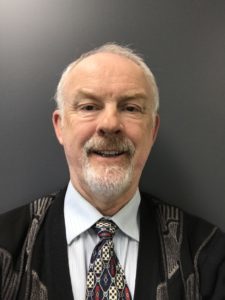
Dr. Verbeek is an Assistant Professor in Emergency Medicine at the University of Toronto. He is also a medical director at the Sunnybrook Centre for Prehospital Medicine for Toronto Paramedic Services, the largest municipal EMS service in Canada comprised of over 1000 paramedics. Dr. Verbeek is a longstanding member and previous chair of the Prehospital Medical Advisory Committee which advises the provincial Ministry of Health on standards for paramedic care. He has been the Toronto prehospital medical director for many large resuscitation trials in cardiac arrest and severe trauma conducted by the Research Outcomes Consortium. Dr. Verbeek has an active interest in teaching and is a recipient of a University of Toronto excellence in teaching award in emergency medicine. He has a longstanding interest in mentoring emergency medicine residents/fellows and paramedics in publishing high quality case conferences and clinical program evaluations that often are practice changing.